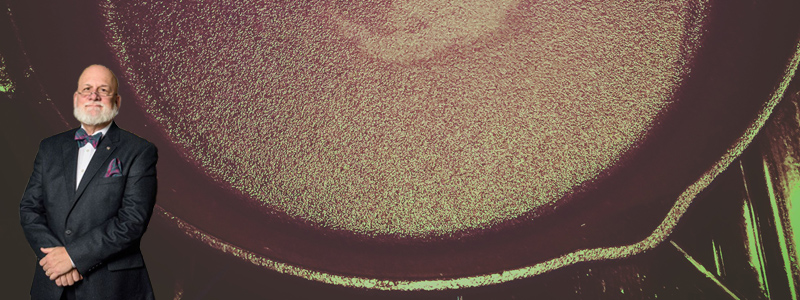Ask Larry:
Your Question: Is there some liability in providing names of physicians that use your phamacy for compounding when it comes to treating hypothryroid? I belong to a support group and a member was at another nearby compounding pharmacy and they provided her with doctor information. I know Walgreens here in my town didn’t seem to want to share as well.
Larry’s Response: Let’s assume that a friend recommends a doctor to you because he/she has had good luck with that doctor. However, in your case, something goes wrong. Maybe the doctor and patient have a major conflict. Maybe the prescriptions cause problems. The responsibility for a good outcome remains between the doctor and the patient. The friend might be dismayed over the problems, but bears no liability – just a friendly suggestion.
Now, assume that a pharmacist – in his/her official capacity – recommends a doctor. Imagine the worst case. Who shares in the liability? Of course, the pharmacist is a party to any and every negative outcome. The risk is much higher than when a friend recommends a doctor.
Additionally, regulators look cautiously at any relationship where someone might do something for financial gain. While it is unprofessional (and usually illegal), some pharmacists refer patients to doctors from whom they expect to receive a prescription. In many situations, pharmacists have been known to “thank” the doctor with a gift or even a cash “rebate”. Sometimes doctors may be inclined to “thank” the pharmacist in a similar fashion (helping build a practice, for example).
When there’s a third party involved with payment (insurance, Medicare, etc.) the relationship between the pharmacist and doctor literally causes the prescriptions to be more costly. Even when the price is set by the payer, the pharmacist or doctor could actually be charging less if he/she didn’t make the gift (or kickback).
It is the same when the transactions are cash. If a pharmacist “thanks” the doctor he/she is actually stating that the prescription could cost less but it doesn’t because of the gifts. Customers and patients would not be pleased that they were paying a premium price so that their providers could make more money – just because of the referral.
Even when there are no gifts shared – and none expected – those who regulate health care professions would naturally suspect the worst. That’s the nature of regulations. Both the pharmacist and doctor might be required to demonstrate there aren’t any “thank you” bonuses (impossible to do). However, both parties are assumed guilty until they prove otherwise.
There is a compounded therapy called Low Dose Naltrexone (LDN) that is very effective for the treatment of symptoms associated with immune diseases (MS, psoriasis, Irritable Bowel, arthritis, and so on). We make the preparations. There is a lay person who maintains a list of doctors who prescribe that preparation and she will send it to anyone who asks – but not to pharmacists. It works because neither the doctor nor the pharmacist knows who said what to whom – or how the patient found the doctor. The patient remains free to select any pharmacy, not one specified by the doctor.
Still, some pharmacists step forward and recommend prescribers. After 40+ years in this field, I won’t do it, not because I can’t or because I fear problems, but because it just isn’t the best ethical act available.

